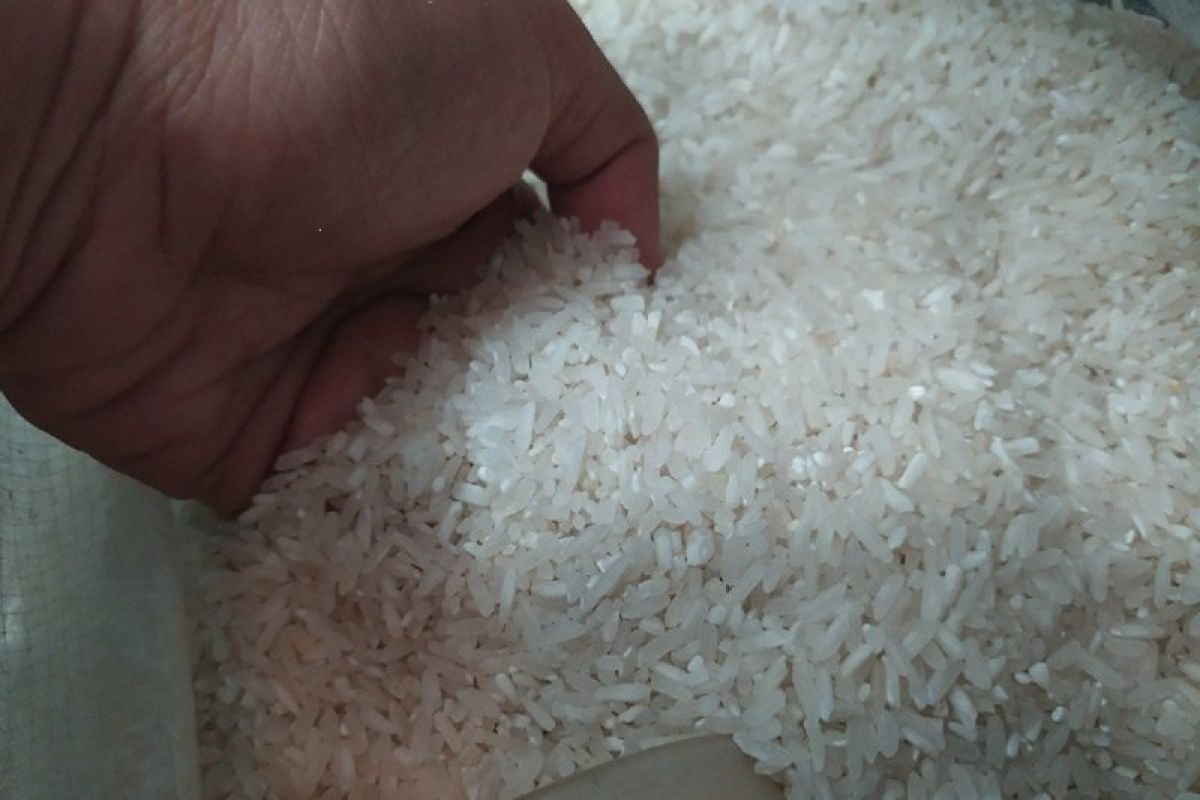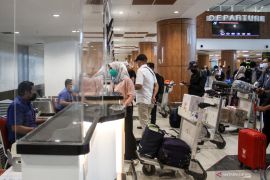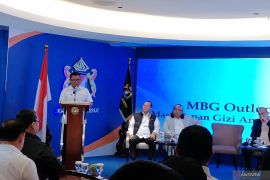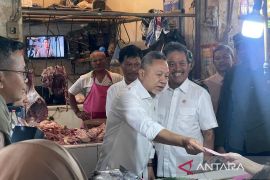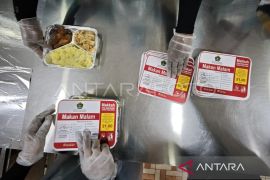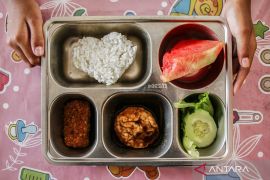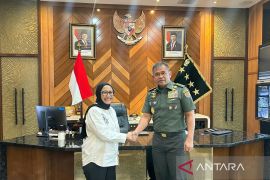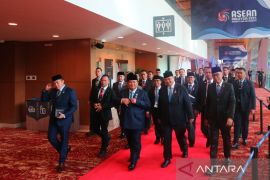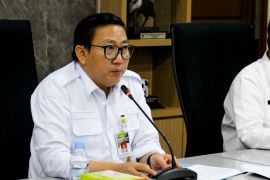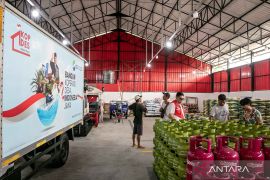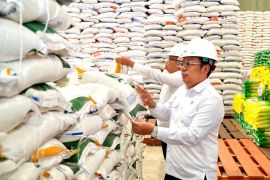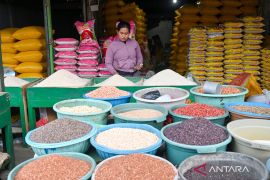"In the midst of the uncertainty that we are experiencing together, access to food supplies is increasingly important and must continue to be guaranteed," Amanta noted in a press release here on Thursday.
Amanta remarked that the implementation of emergency PPKM was a strategic step to suppress the spread of COVID-19. However, this policy must be followed by guaranteeing the availability of food for the community.
Such efforts are deemed necessary, as these restrictions are feared to disrupt food distribution.
Amanta reminded all parties that the pandemic had caused economic disruption following extensive job losses.
Hence, she urged the government to ensure that the community, especially affected and underprivileged members, can access food commodities at affordable prices. To this end, she stressed that the government should focus on ensuring the availability of food supplies.
Related news: Jokowi calls for calm during emergency restrictions against COVID-19
"All parties -- the central and regional governments, entrepreneurs, and food distributors -- must work together to maintain availability and access of food for all Indonesian people," according to Amanta.
Citing data from the World Bank High Frequency Survey, Amanta noted that over 31 percent of Indonesian households experienced food shortages during the Large-Scale Social Restrictions (PSBB) in May 2020.
She noted that the food supply chain not only included food processing facilities but also agricultural supplies and packaging materials as well as other food support industries. Other food support industry entrepreneurs also expressed major concerns.
Meanwhile, the government has allocated a social protection budget of Rp408.8 trillion for 2021 for disbursal through government assistance programs to ease the burden on the community owing to economic disruption during the pandemic.
Most programs are a continuation of last year's program, including the Basic Food Card or Non-Cash Food Assistance (BPNT) program, reaching nearly Rp200,000 per month for each family for a total of 18.8 million beneficiary families (KPM) until the end of the year.
Moreover, the Cash Social Assistance (BST) and the social assistance of Family Hope Program (PKH), targeted to reach 10 million recipient families for each program, is expected to help vulnerable communities during the implementation of emergency PPKM. Related news: C Java prepared for emergency public activity restrictions: governor
Translator: M Razi Rahman, Katriana
Editor: Rahmad Nasution
Copyright © ANTARA 2021
